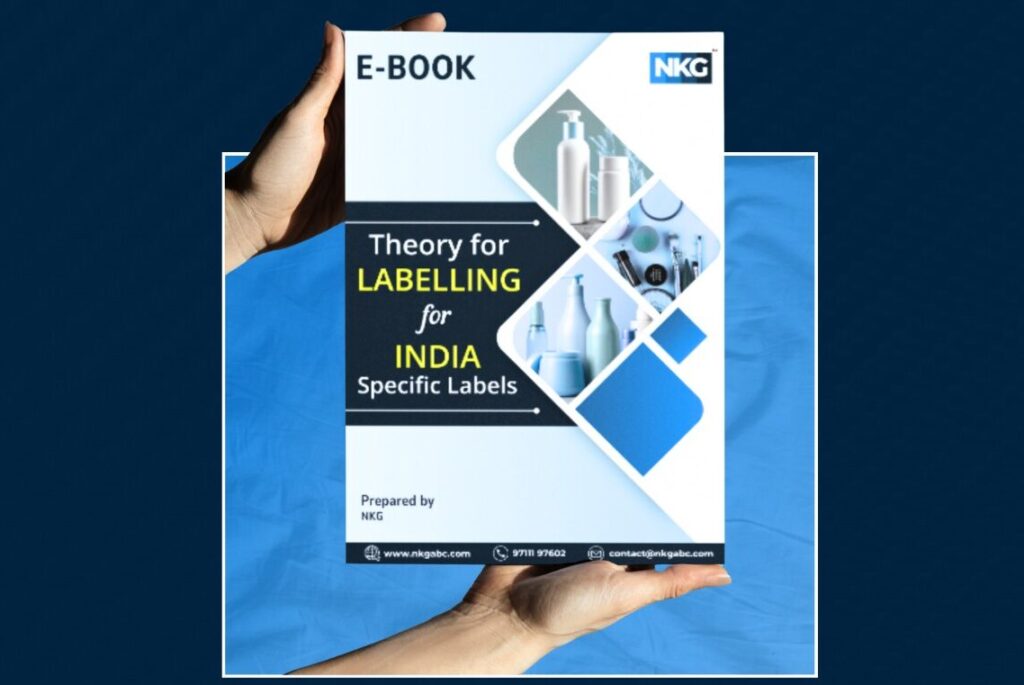Mandatory by February 2026 (QCO Update)
The Government of India has officially made it mandatory to obtain a furniture license under the BIS certification scheme for a wide range of furniture products. With this, the country moves closer to aligning its domestic product safety framework with global quality benchmarks.
For manufacturers, importers, and private labels, this is no longer optional. Starting 13 February 2026, only furniture products certified by the Bureau of Indian Standards (BIS), bearing the ISI mark under Scheme I will be legally allowed for sale or import into India.
This regulation is a signal that India is tightening quality control, and those who ignore it could face serious disruption, both in operations and reputation.
What Furniture Products Are Now Under BIS Scope?
As per the QCO, the following furniture types must meet designated Indian Standards:
| Sr. No. | Indian Standard | Product Category |
|---|---|---|
| 1 | IS 17631:2022 | Work Chairs |
| 2 | IS 17632:2022 | General Purpose Chairs & Stools |
| 3 | IS 17633:2022 | Tables and Desks |
| 4 | IS 17634:2022 | Storage Units |
| 5 | IS 17635:2022 | Beds |
| 6 | IS 17636:2022 | Bunk Beds |
These aren’t niche product types, they represent a large share of what’s sold in homes, offices, hotels, schools, and online platforms. If you’re in this business, you’re affected.
The 12-Month Clock Has Started
The notification date is 13 February 2025, and the mandatory enforcement begins on 13 February 2026.
That gives manufacturers and importers a year, but don’t let that comfort you. The process of getting a BIS license, clearing product testing, and aligning all labeling, packaging, and documentation takes 90–120 days, sometimes longer if you’re unfamiliar with BIS formats.
If you plan to be market-ready by February 2026, you need to act by mid-2025.
Who Must Comply?
If you fall into any of the following categories, BIS certification is mandatory under the new QCO:
- Indian furniture manufacturers, especially those producing at scale, under multi-brand portfolios, or supplying to retail chains and government institutions
- Foreign manufacturers exporting furniture to India must obtain BIS certification prior to shipment, either by appointing an Indian representative or applying under the Foreign Manufacturer Certification Scheme (FMCS)
Whether domestic or international, no manufacturer can legally sell in India post-February 2026 without BIS approval and the ISI mark on applicable products.
What Are the Exemptions?
The QCO provides limited exemptions:
Exempt Categories:
- Products meant exclusively for export
- Micro and Small Enterprises (MSMEs) are exempt for 18 months from the date of publication (until August 2026)
- Very small Udyam-registered businesses are fully exempt if:
- Investment in plant/machinery ≤ ₹25 lakh, and
- Turnover in previous FY ≤ ₹2 crore (certified by a CA)
That said, even MSMEs should prepare early if they plan to scale or sell to institutional buyers, who may require BIS compliance regardless of exemption.
What If You Don’t Comply?
Let’s be clear: BIS isn’t optional. The consequences of ignoring this regulation include:
- Detainment of goods at ports and warehouses
- Fines and penalties under the BIS Act, 2016
- De-listing from top e-commerce marketplaces
- Damage to business relationships with distributors or government buyers
In our experience, companies who delay until the last moment often end up stuck with non-movable stock or expensive last-minute testing bottlenecks.
So What Should You Do Now?
This is where NKG Advisory comes in, we simplify BIS compliance for businesses like yours.
Here’s how we help:
- Product mapping to correct Indian
- Standards Preparing and submitting the complete BIS dossier under Scheme I
- Testing coordination with BIS-recognized labs
- Guidance on ISI mark artwork placement and usage
- Direct liaisoning with BIS officers for faster approvals
- Advisory for overseas brands and Indian importers
Final Thoughts
India’s push toward quality control isn’t slowing down. As more industries come under BIS and QCO mandates, brands that invest in proactive compliance will gain credibility, continuity, and market access.
If you’re manufacturing or importing furniture in India, now is the time to get ready.
Looking for more insights on compliance, certifications, and industry updates? Explore our blog page for expert guidance and actionable information. Visit Now







